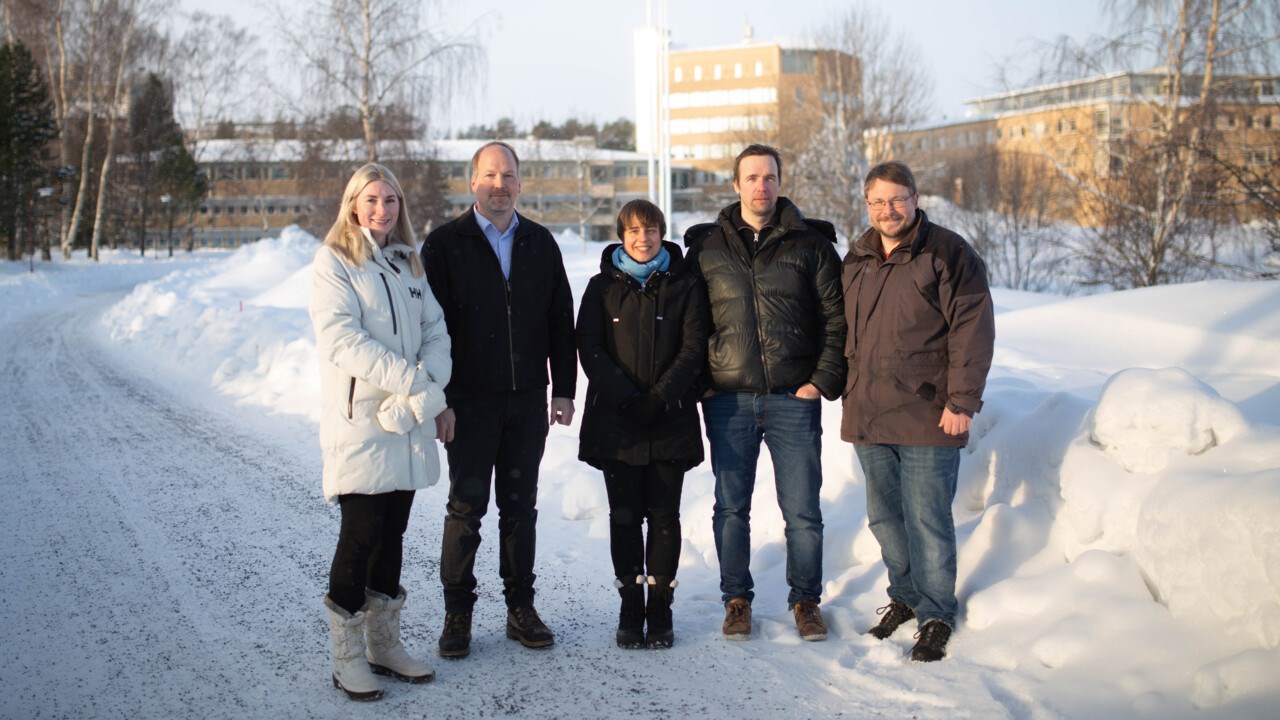Short facts about Katie bennett:
Comes from: a small village in Northwest England
Family: My sambo and 2-year-old daughter
Me in three words: This is difficult! ... optimistic, fun-loving, and chatterbox
Hobbies: dancing, music, walks in nature
Reading: Something funny
Likes to do on free Sundays: Play with my daughter, what is a free Sunday again? 😊
Chemistry in three words: Complex. Exciting. Endless.
Likes best with Sweden: The people and beautiful nature (and strong coffee)
Miss from home: My family, friends, Sunday roast dinners, and a full English breakfast
Swedish fika favourite: kladdkaka and a large latte
Wanted to become as a child: a Popstar




